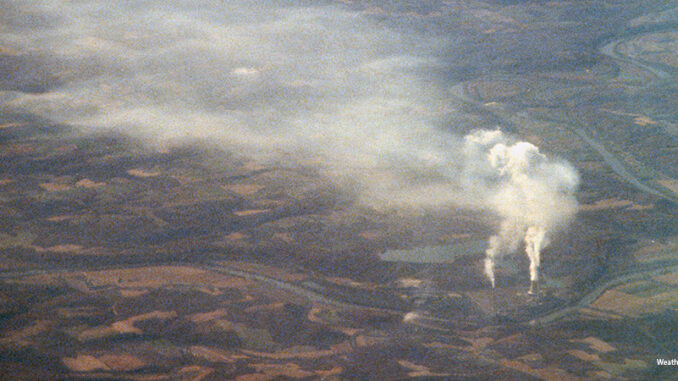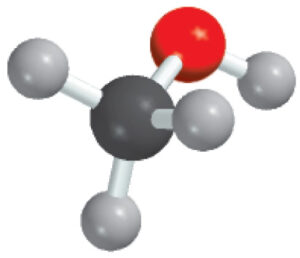
The battle against climate change may feel overwhelming at times. But a company called Northwest Innovation Works LLC has come up with a plan that it thinks could help: building a new clean-energy plant in the Pacific Northwest. Here, btw takes a closer look at the proposal, the possible benefits, and some of the criticism of the plan.
How Will It Work?

Credit: ©McGraw-Hill Educatio
It’s no secret that China is a major polluter. Currently, China uses coal-based technology to process methanol, which is a key ingredient in plastic. (And if you’re not sure how much plastic China creates, take a look around your home at everyday plastic goods: chances are, they will be labeled “Made in China.”) The new plant would use cleaner natural gas to make methanol, which it would then ship to China. In fact, scientists estimate that the plant could reduce global greenhouse emissions by 9.7 to 12.6 million metric tons per year. That’s the equivalent of taking 2.2 to 2.7 million cars off of the road.
So What’s the Problem?
The new plant would cost an estimated $2 billion, and be located on a 90-acre site at Port of Kalama, Washington, about 40 miles from downtown Portland. Environmental groups, such as the Sierra Club, have serious concerns about the ecological impact of building the world’s largest methanol refinery plant on the shores of the Columbia River. There is also the issue of the plant producing methanol for more plastic manufacturing when plastic takes a devastating toll on the environment. These critics believe that the state would do better to focus instead on renewable-energy projects.
Others worry about the amount of natural gas the plant will consume in order to create “clean” methanol: it’s estimated that the plant will increase the state’s yearly use of natural gas by a third, and raise its yearly greenhouse gas emissions by more than 1 percent. And still, others doubt that the plant will even do much to help the environment. In fact, these critics argue that by the time the “clean” natural gas is produced in British Columbia, and then transported to the Port of Kalama plant (through a 3.1 mile pipeline extension still to be built), more greenhouse gases would be released from the environment than removed. These scientists also say there is no evidence that using natural gas-based methanol will cause any actual reduction in coal-based methanol–which means, at the end of the day, that the plant will cause more harm to the environment than good.
What About the Benefits?
Aside from the potential (though still hotly debated) environmental gains, there is also the potential for great economic gain for the region. The plant could generate tens of millions of dollars in tax revenue for the area, as well as providing a thousand construction jobs and 200 permanent jobs in a place where many trade laborers are in need of work. And those in support of the project argue that plastic will continue to be manufactured regardless, so we might as well do it in a cleaner way than using coal.
An environmental impact study will still need to be closely reviewed by the state Department of Ecology. But if that passes inspection, developers hope to break ground on the three-year construction project beginning in 2019.
